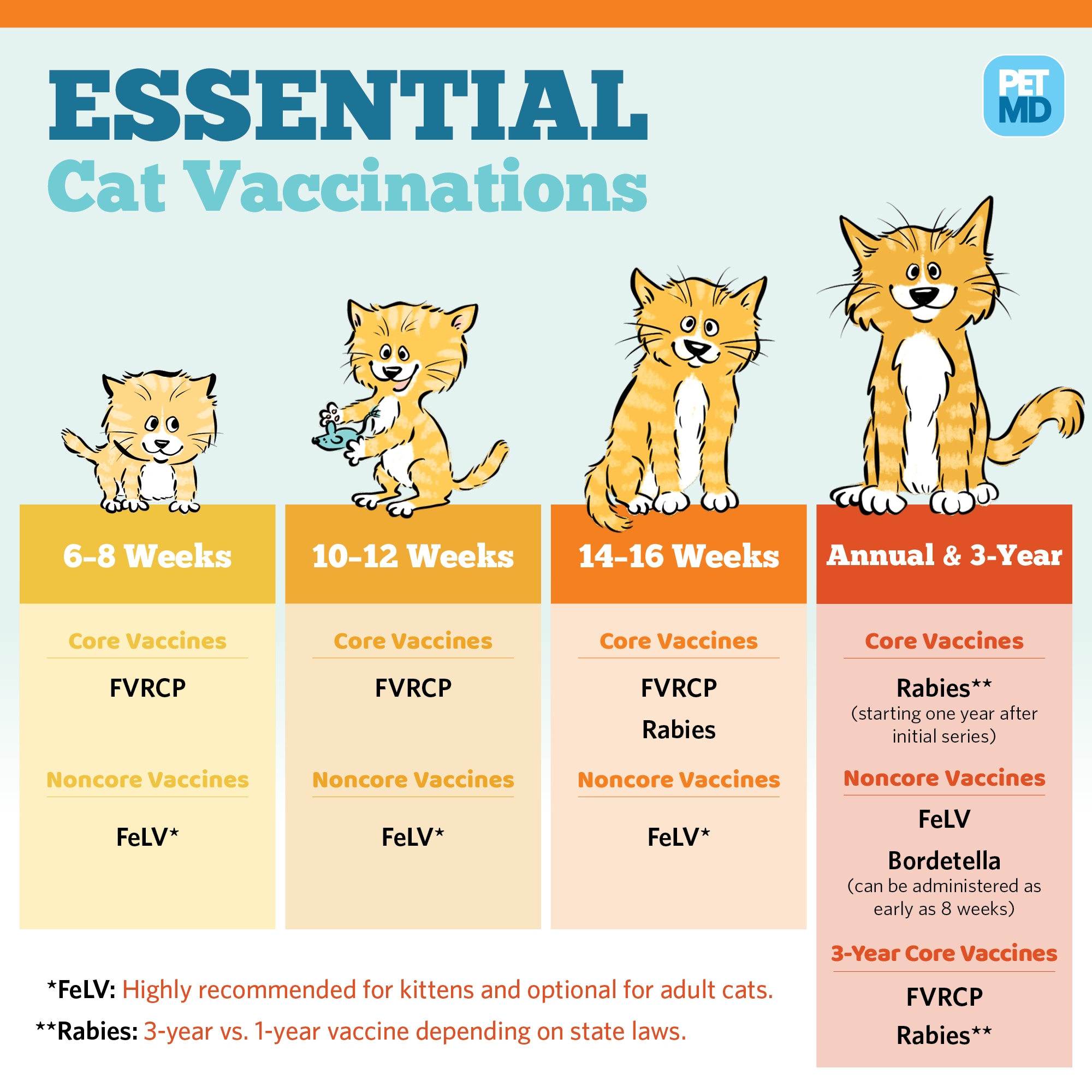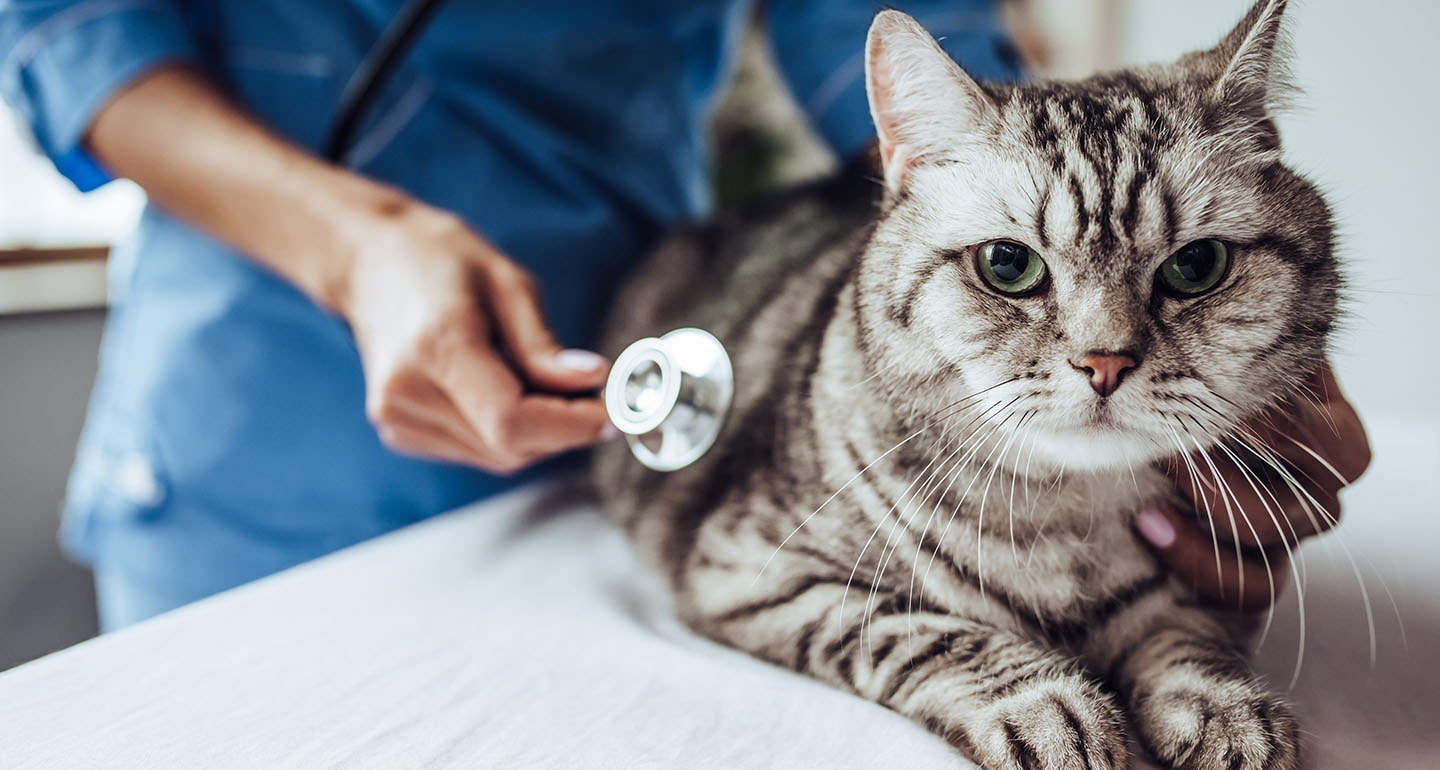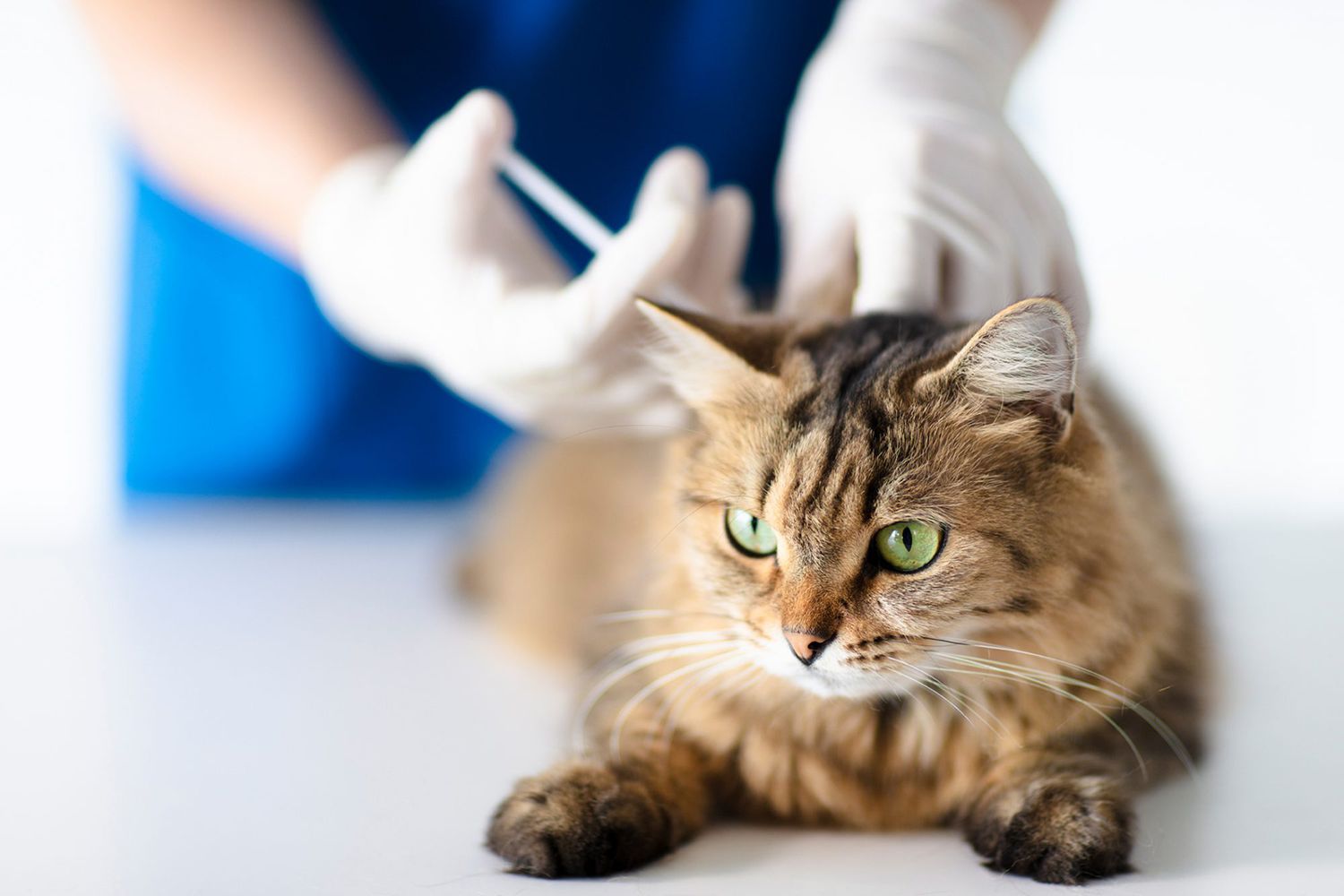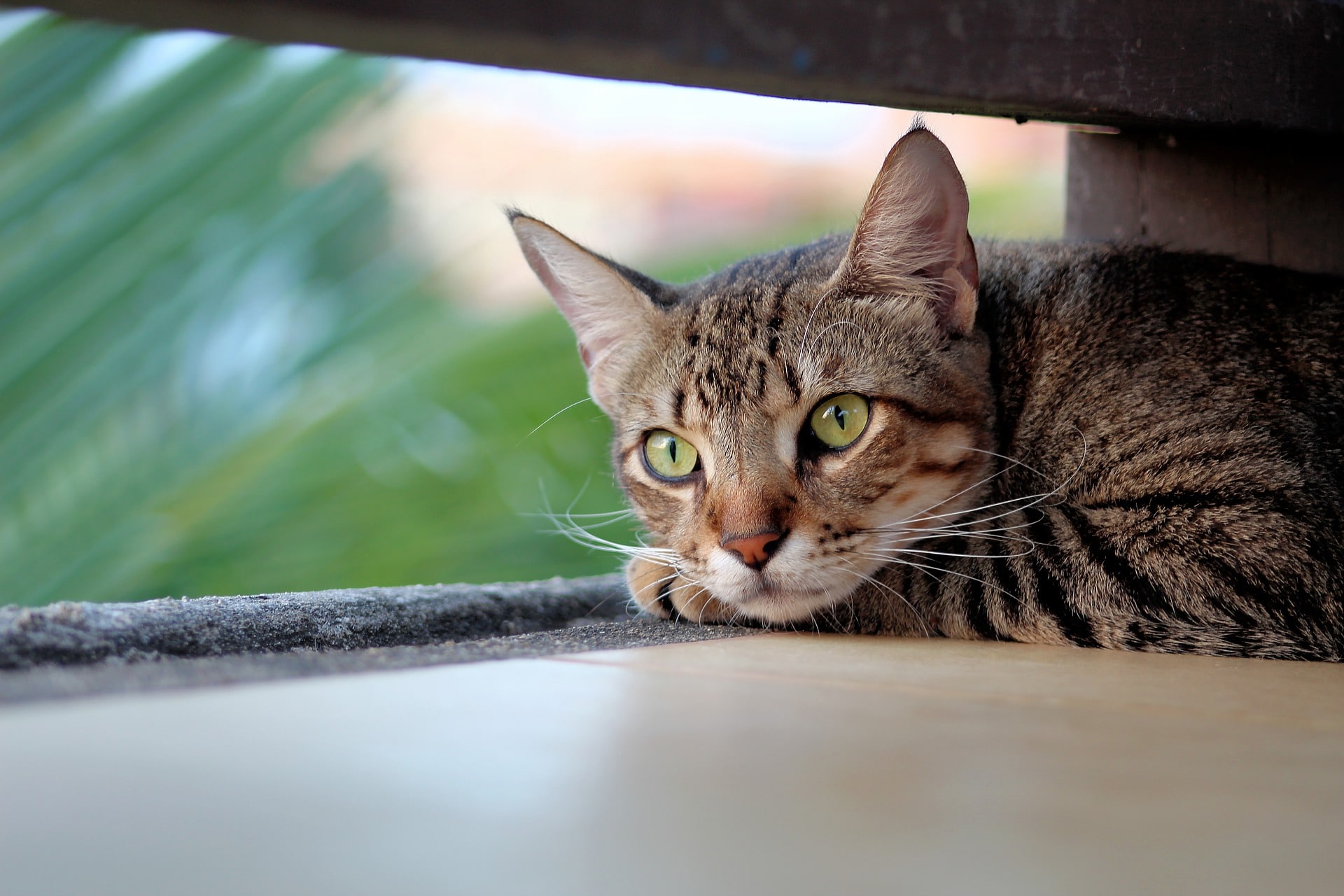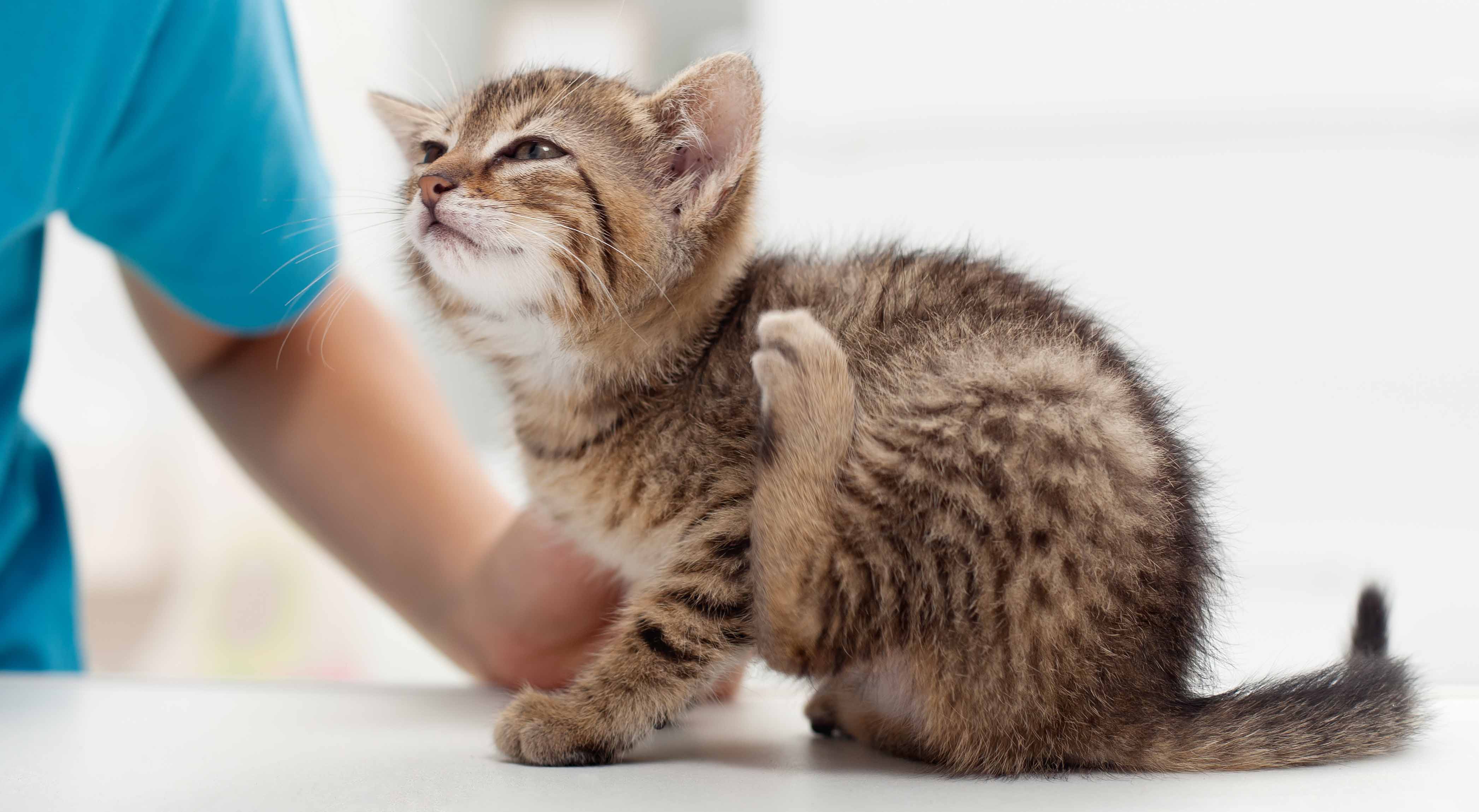Fvrcp Vaccine For Indoor Cats

Currently the recommendation for indooroutdoor cats is to administer the FVRCP vaccine annually.
Fvrcp vaccine for indoor cats. FVRCP vaccine protects cats from Feline Viral Rhinotrachetis and Clicivirus infection both of which are upper respiratory viruses and Panleukopenia also called feline distemper. FVRCP Feline Viral Rhinotracheitis herpes Calici Panleukopenia feline distemper every 3 years. One is the rabies shot which helps prevent cats from contracting the often deadly virus and passing it on to other animalsas well as humans.
I have not vaccinated our two oldest cats in a number of years indoor only. Rhinotracheitis is triggered by the common feline herpes virus. Symptoms include sneezing a runny nose and drooling.
Non-core discretionary or optional vaccines as recommended by the AAFP for kittens and cats with a risk of exposure to specific diseases. All cats even indoor felines who never go outdoors or interact with other cats should still receive FVRCP shots. The other core vaccine is the FVRCP vaccine.
Most veterinarians give a series of three FVRCP vaccines at 8 12 and 16 weeks of age to gradually boost the. All can be deadly for cats and especially kittens. The initial shots administered to kittens help them develop immunity.
If you want proof of immunity what you can do is get a titer test done instead. For indoor-only cats the recommendation is to administer the vaccine every three years. I therefore recommend that all cat owners diligently have their cats vaccinated with the so-called FVRCP at 6-8 weeks 10-12 weeks and 14.
Some vaccines are recommended for all cats. Rhinotracheitis calicivirus and panleukopenia. You might have guessed my answer to the question Should you vaccinate your indoor cat is yes.
